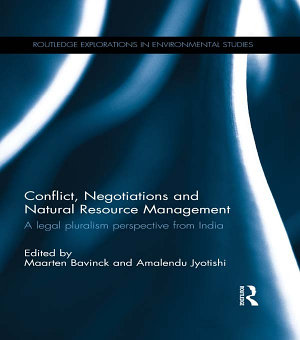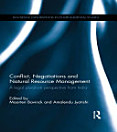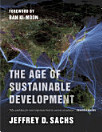Conflict, Negotiations and Natural Resource Management: A legal pluralism perspective from India
Tungkol sa ebook na ito
Whereas much has been written about property rights, this unique collection takes a legal anthropological perspective to explore how the coexistence and interaction between multiple legal orders provide bases for claiming property rights. It examines how hybrid legal institutions have developed over time in India and how these impact on justice in the governance and distribution of natural resources. The book brings together original case studies that offer fresh perspectives on the governance of forests, water, fisheries and agricultural land in a diverse range of social and spatial contexts.
This brand new research provides a timely and persuasive overview of the fundamental role of parallel legal systems in shaping how people manage natural resources. It will be of interest to scholars and practitioners of environmental law, property law, environmental politics, anthropology, sociology and geography.
Tungkol sa may-akda
Maarten Bavinck is Associate Professor in the Department of Geography, Planning and International Development Studies at the University of Amsterdam, The Netherlands, and president of the International Commission on Legal Pluralism.
Amalendu Jyotishi is Associate Professor at Amrita School of Business, Amrita University, India and Coordinator of Asian Initiatives on Legal Pluralism.






